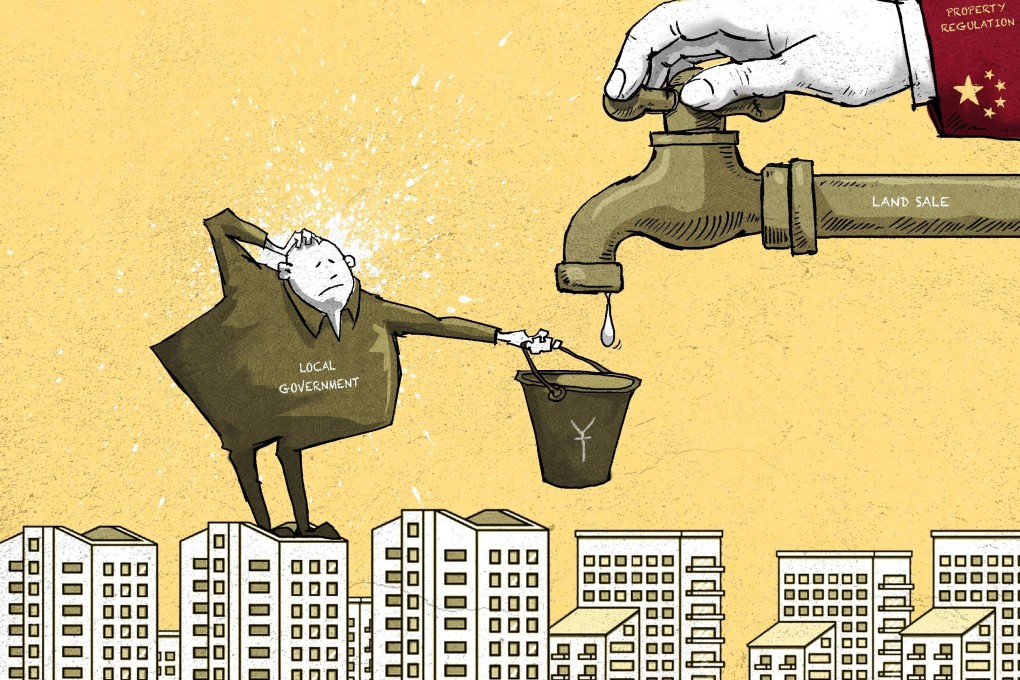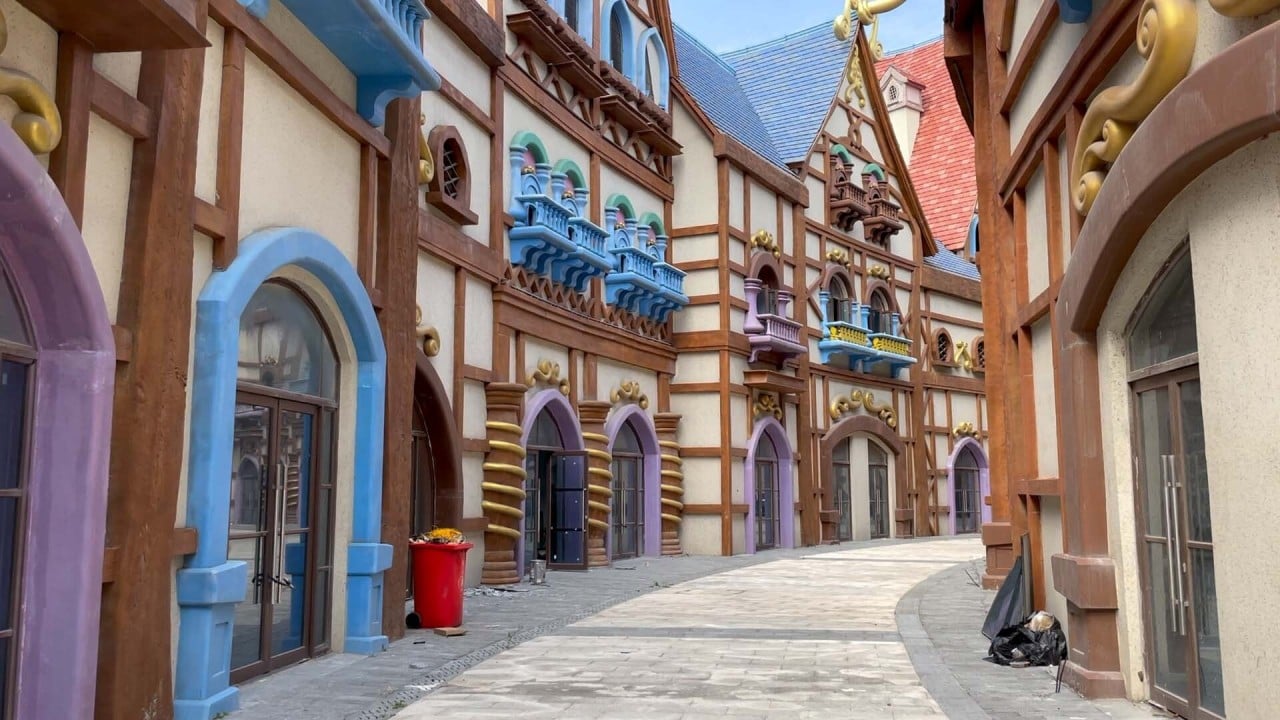How China’s property crackdown is being felt in a remote city steeped in Communist Party lore
- Beijing’s push to reduce excessive borrowing in the property sector and tame house prices is hurting regional finances
- The policy tightening could be related to the current political cycle ahead of the 20th Party Congress, some analysts say

Though situated in China’s remote, mountainous and relatively underdeveloped southwestern Guizhou province, the city of Zunyi is not an obscure name for Chinese.
The city is engraved in Communist Party history as the location where Mao Zedong was elected leader during the Long March in 1935. It is also the home of Mao-tai, China’s national liquor.
From July to September this year, 39 parcels of residential land auctioned in Zunyi went unsold, the most among all prefecture-level cities in China. The value of local government residential land sales was only 900 million yuan (US$140.6 million) over the same period, down 91 per cent compared to a year earlier – also the biggest shrinkage among prefecture-level cities, according to data from Guangfa Securities.

02:35
The Evergrande theme park left derelict in China’s Jiangsu province
The figures are a marked contrast from the ambitious budget the city made early this year, which banked on revenue generated from land sales to be 27 billion yuan in 2021. In the first five months, one third of that target – 9 billion yuan – had been achieved, according to a June fiscal report by the Zunyi government.
The sluggish land sales, which are expected to last for the rest of the year, are leaving a hole in the city government’s balance sheet. But Zunyi is not alone.